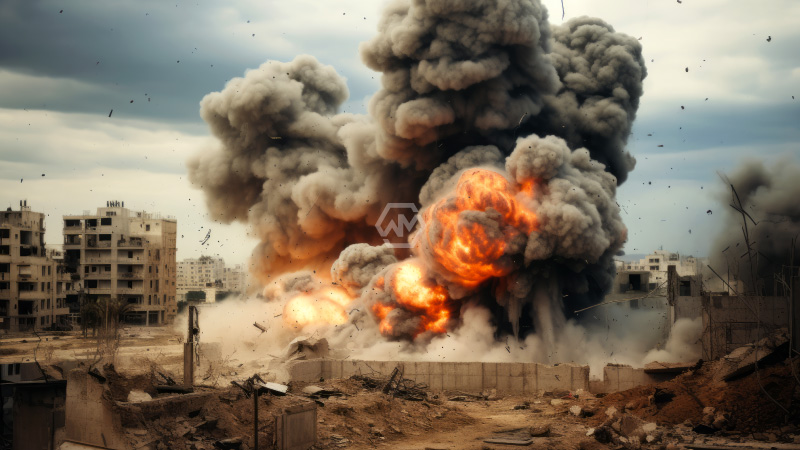- Iran vows retaliation after U.S. targets key nuclear sites, escalating regional tensions.
- U.S. 5th Fleet base in Bahrain now seen as a primary target amid Tehran’s threats.
- Diplomacy collapses as World War 3 concerns grow with global alliances on edge.
The U.S. military launched targeted airstrikes on three of Iran’s most fortified nuclear facilities—Fordow, Natanz, and Isfahan—significantly damaging Tehran’s atomic capabilities.
In response, Iran’s leadership signaled zero appetite for negotiation, branding the strikes a breach of international norms and threatening counterattacks on U.S. military installations across the region.
Middle East on Brink: U.S.-Iran Clash Risks Regional Conflagration
The U.S. Navy’s 5th Fleet, headquartered at Naval Support Activity Bahrain, oversees maritime operations in one of the world’s most geopolitically sensitive regions. Its responsibility spans key waterways like the Strait of Hormuz, through which nearly 20% of global oil shipments pass. With Iran hinting at retaliatory strikes, this base has become a flashpoint in the unfolding standoff.
Iranian officials, including Foreign Minister Abbas Araghchi, have dismissed any immediate possibility of diplomacy, labeling the U.S. strikes as acts of aggression. Tehran’s rhetoric suggests a readiness for direct confrontation, prompting neighboring Gulf states to bolster defenses. Countries like Saudi Arabia and the UAE, which host U.S. forces, now fear being pulled deeper into the conflict.
Adding fuel to the fire is the broader geopolitical backdrop. Russia and China, traditional allies of Iran, have condemned the U.S. actions, while Israel, the UK, and Germany continue to back Washington. This alignment of powers raises the specter of a proxy war expanding beyond Middle Eastern borders, especially with the Russia-Ukraine war already destabilizing global dynamics.
On the ground, civilian anxiety is growing. Emergency services in Israel responded to a wave of Iranian missiles following the U.S. attacks, and fears are mounting that Iran may attempt to block the Strait of Hormuz, which would send oil prices skyrocketing and disrupt global trade. Meanwhile, U.S. lawmakers are divided, with some calling for Congressional oversight on military engagement decisions.
The region stands at a perilous crossroads. As military posturing replaces diplomacy, the world watches nervously for what could become the tipping point toward a far-reaching war.
“The first casualty of war is truth, but the second is often stability.”
— This quote resonates strongly today as disinformation rises, diplomacy fails, and the Middle East teeters on the edge of chaos.



